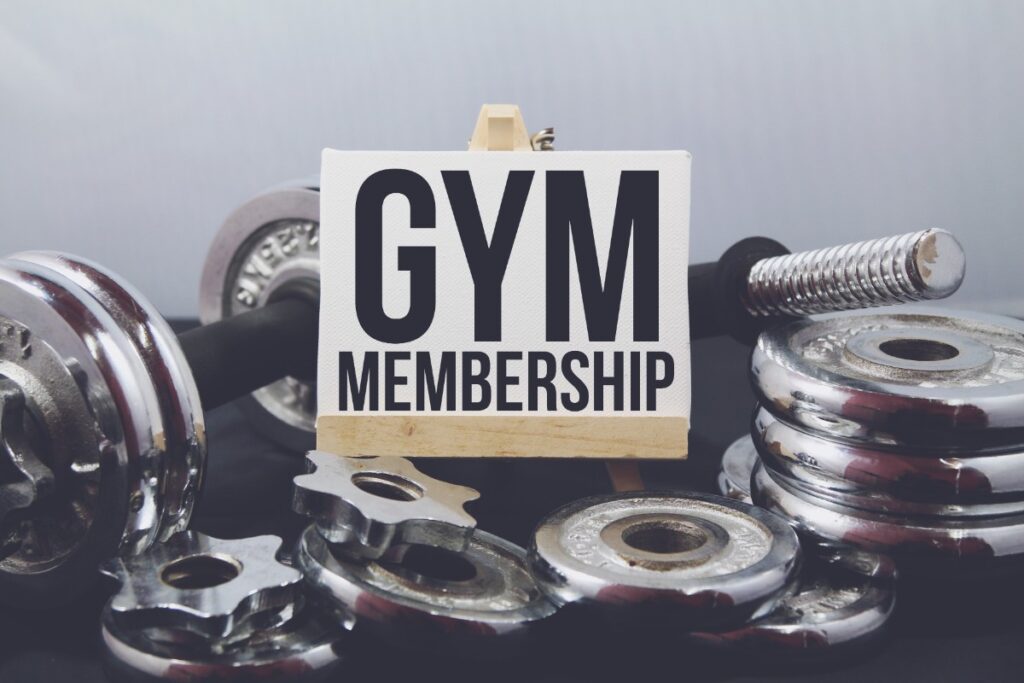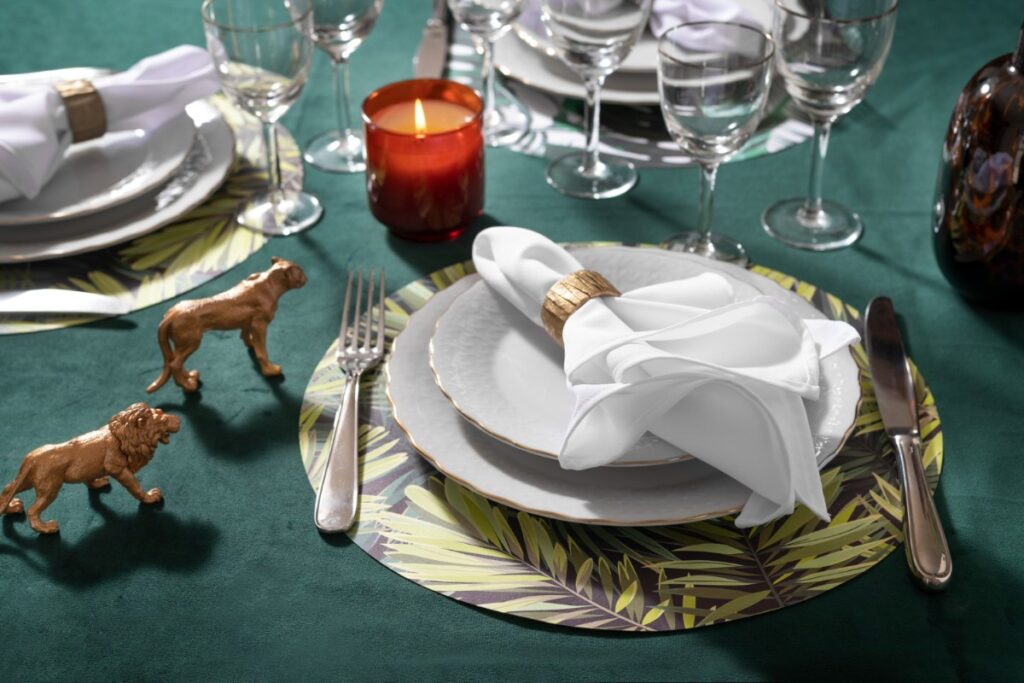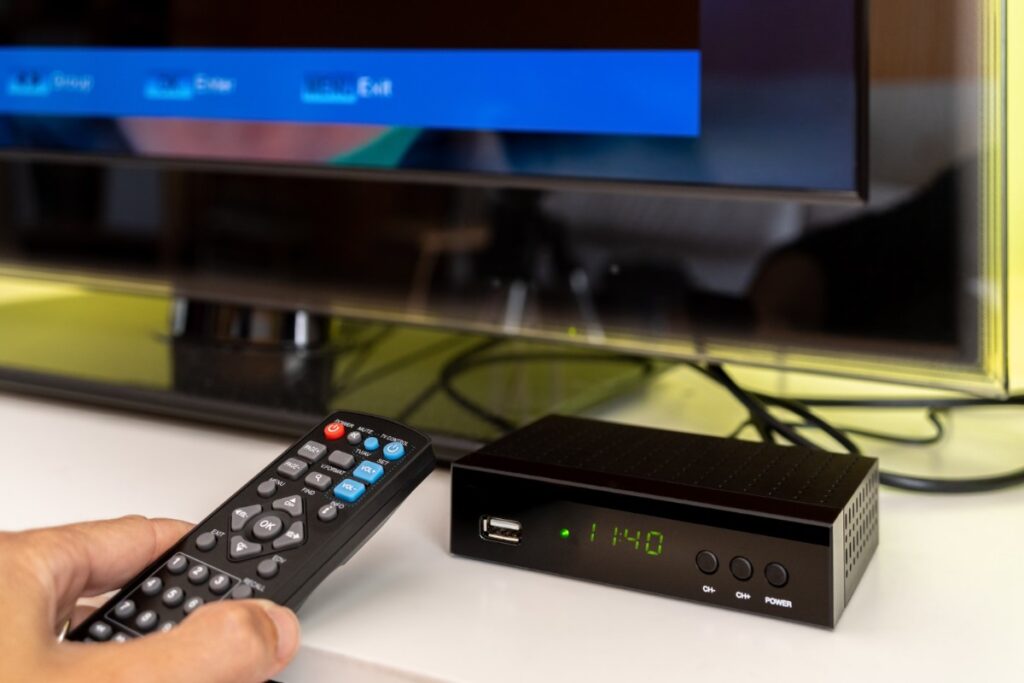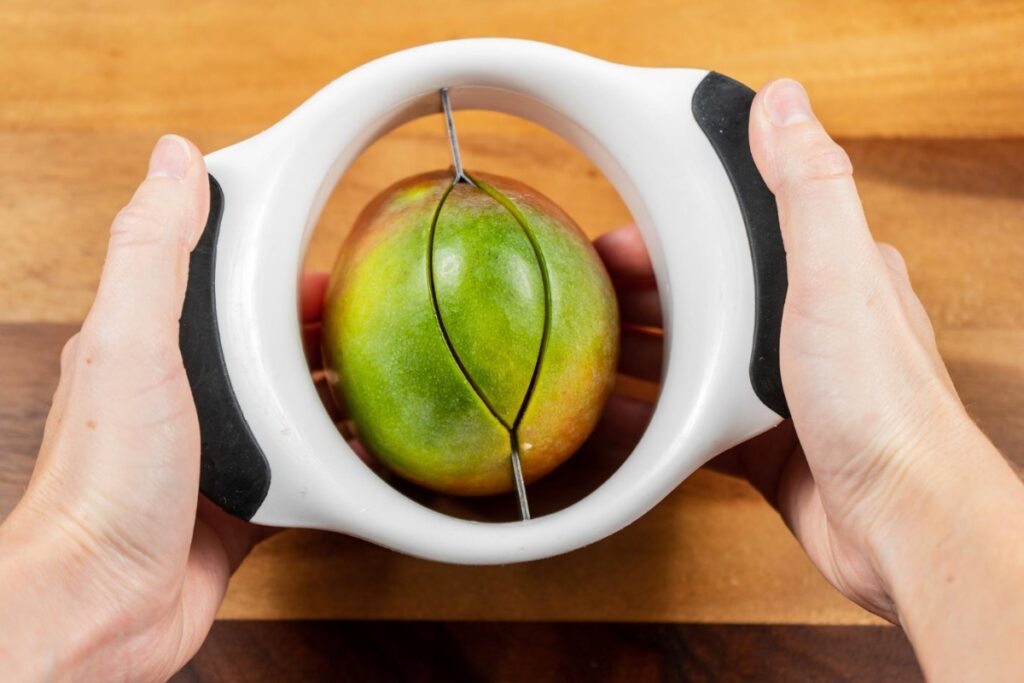If You Grew Up Poor, You Probably Still Refuse To Spend On These 11 Everyday Things
Growing up without much money can change the way you see spending forever. Some habits stick with you, even when your financial situation improves.
You might find yourself hesitating over certain purchases that others see as normal. That hesitation is rooted in how you learned to value every dollar.
You likely still refuse to spend money on certain everyday things because of the way you learned to value and protect your resources. This mindset can show up in surprising ways, making you cautious about where and how you spend your money.
Buying brand-name clothing

Brand-name clothes might not tempt you much. The idea of paying full price for clothing can feel wrong, even if you can afford it now.
You probably look for affordable stores where you get more for your money. It feels better to spend less and still look good.
Showing off expensive clothes might make you uncomfortable. Saving and being careful with money is second nature.
You care more about how long something lasts than what label it has. Buying less expensive clothes just feels smart.
Eating out frequently

Eating out might seem like an unnecessary luxury. You remember how much further your money went when you cooked at home.
Even with a better income, restaurant meals can feel like a splurge. You know that making your own food saves money and often tastes just as good.
You might worry about wasting leftovers or paying too much. Old habits about not wasting food are hard to shake.
Eating out is also one of Kristen’s tips on how to live below your means, even in a high-cost-of-living city.
Purchasing bottled water

Paying for bottled water probably feels wasteful. You know tap or filtered water is much cheaper.
Carrying a reusable bottle is second nature. It is a simple way to save money every day.
Buying bottled water can cost a lot over time. Plus, skipping bottles helps reduce plastic waste.
Some people think bottled water is better, but once you know your options, you usually stick to what is affordable.
Upgrading to the latest smartphone

Getting the newest phone every year might not make sense to you. If your current phone works, why replace it?
You probably worry about the price of new models. It is easy to hold on to your phone longer to avoid a big expense.
Smartphones are expensive, and you are used to stretching your budget. Waiting or buying an older model feels like the right move.
If your phone stops working well, you might finally upgrade. You always weigh the cost against what you really need.
Thinking about what you actually use helps you avoid spending just because of trends.
Spending on gym memberships

A gym membership can feel like an extra cost you do not need. You might feel more comfortable working out at home or outside.
Free workouts and simple routines seem just as effective. You know you can stay healthy without spending a lot.
Sometimes, spending on a gym brings up feelings of guilt. You learned to put needs before wants.
If you do join a gym, you are likely to wait for deals. Getting the best value is always important.
Buying new furniture often

Buying new furniture all the time is probably not your style. You learned to make things last.
Repairing and reusing what you have feels normal. You might only replace something when it truly cannot be fixed.
Secondhand finds are often just as good as new. Every piece has a story, and you value the history.
You focus on what you need, not what is trendy. That habit keeps you from spending just for the sake of it.
Ordering coffee daily from cafes

Daily coffee shop runs might not appeal to you. Making coffee at home is a habit that saves money every day.
You appreciate good coffee without the café price tag. Those small savings add up over time.
Even when a café coffee sounds tempting, you might skip it. You know how quickly those costs can grow.
Taking cabs instead of public transport

Cabs or rideshares can feel like an unnecessary expense. Public transport is familiar and much cheaper.
You might feel uneasy spending extra for a ride. That habit of saving wherever possible is hard to break.
Planning your trips to use buses or trains is second nature. It is all about getting the most for your money.
Even if you could afford a cab, you often stick with public transit. It just feels right.
Using disposable paper products

Throwing away paper towels or napkins after one use can feel wrong. You likely grew up reusing things as much as possible.
Cloth towels or old napkins are your go-to. Making things last is more than a habit—it is a way of life.
Buying lots of disposable products seems unnecessary. You prefer washable options that save money and create less waste.
Even now, you might still reach for a cloth instead of paper. It is a small reminder of where you came from.

Paying extra for premium cable channels rarely feels worth it. You learned early on to avoid spending on things you do not need.
Streaming services are more appealing. You get to pick what you want to watch and save money at the same time.
Cutting out premium cable might seem odd to others, but you know every dollar counts.
Choosing cheaper options for entertainment just makes sense. It is all about spending smarter and keeping your costs down.
Buying unnecessary kitchen gadgets

Opening your kitchen drawer and finding it packed with odd gadgets is a familiar scene for many people. Maybe you bought a banana slicer or a waffle bowl maker on a whim, only to use it once or twice.
If you grew up watching every penny, you might be more careful about what you bring into your kitchen. Single-use tools often end up collecting dust while the basics get used every day.
It can be tempting to try out the latest kitchen invention, but most jobs can be done with a good knife or a sturdy spoon. Sticking to reliable tools keeps your kitchen simple and uncluttered.
Choosing quality items that serve multiple purposes helps you avoid wasting money and space. This way, you always have what you need and nothing extra getting in your way.







